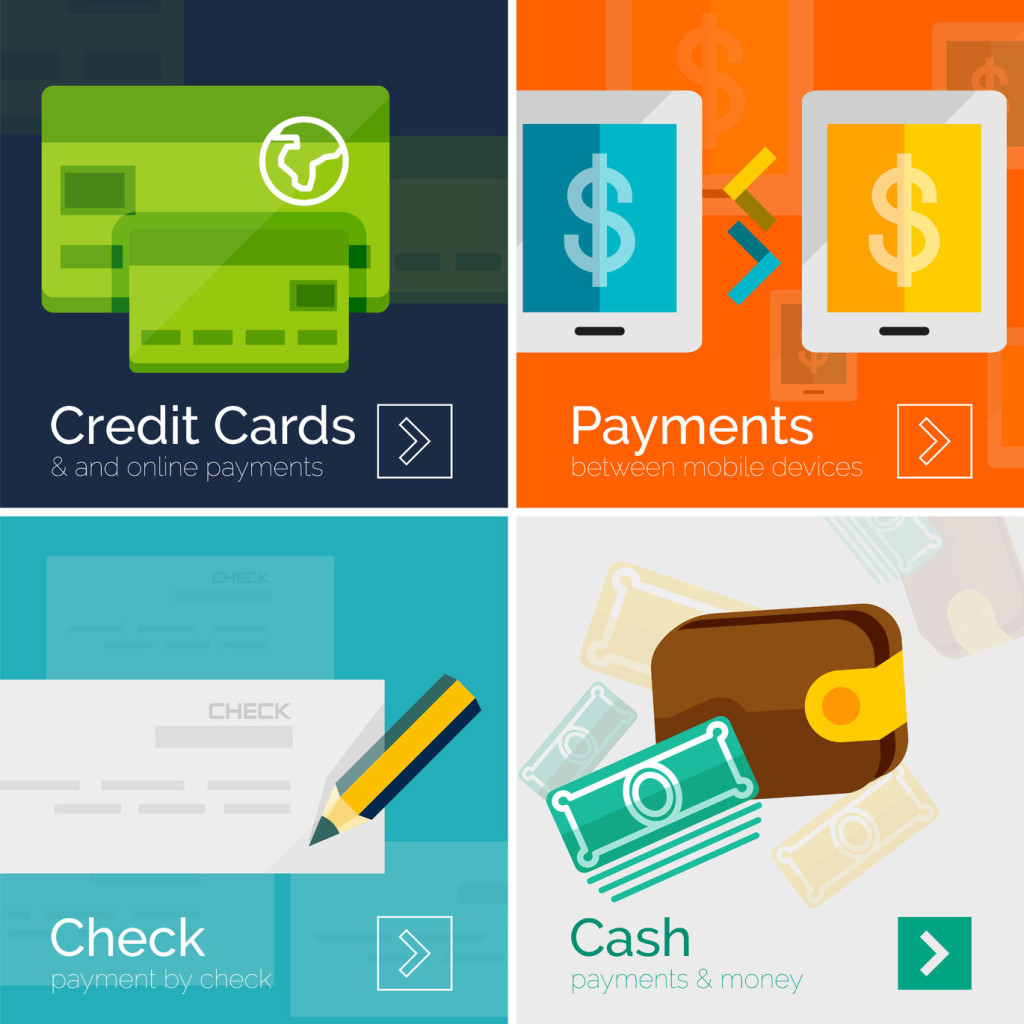
With over 200 types of electronic payment systems in our global economy, it can be hard to keep up with the latest advancements. The industry of global payment systems represents a collection of technological advances in securing transactions, minimizing chargebacks, and confirming identities.
This collection is divided among different economies, with the US and UK being two of them, and are tested for merchant adherence, consumer adoption, and best practices. The cream of the crop make it to the top.
Top 3 Advancements
Below are three technologies that have impacted payment processing on a a global scale.
Selfies Used For Security Purposes
Payment using a selfie is almost a reality for most shoppers in the North American market. The idea is to confirm transactions using facial-recognition software that will scan convectional features of your face, such as eyes, cheekbones and noses, and compare it to an original picture.
Facial recognition is party of the burgeoning field of biometrics. Increasing biometric markers are being used to verify identity.
Currently, facial recognition, instead of passwords or pins, are being used by some banks, such as USAA, through their smartphone app. MasterCard is also working diligently to integrate their software ID Check into both online and POS payment processing, making it the most widely adopted new technology out of many global payment systems.
High risk merchants, particularly those selling high ticket items and financial services, are excited about using biometics to confirm identity to decrease risk of fraudulent transactions. Payment processors will eventually embrace the technology as another way to mitigate risk.
Bitcoin Gains Notoriety
The notoriety of this eWallet technology comes from a debate over whether bitcoin is dead or not. Forbes magazine, a highly regarded business magazine, says that it is still very alive but faces scalability issues as it becomes more widely adopted.
Bitcoin works by providing mathematical proof that a transaction has occurred using a digital signature of sorts. It is described as being similar to single-use emails that are used to transfer money, even between friends and family. Bitcoin also works through a smartphone app.
Bitcoin processing is still considered high risk by merchant account providers. Still, as global ecommerce expands, consumer demand for alternative payment methods may bring Bitcoin into the main stream.
Apple Pay Competes For Market Share
While Paypal is in every country and garners up to a 20 percent share of the market, other electronic payment systems are gaining popularity among users such as Apple product owners. With a brand name that garners respect, this technology could likely overtake its biggest competitors, especially considering the rising number of people who own Apple smartphones.
Apple Pay uses a wireless connection to connect to a contactless reader while simultaneously confirming your fingerprint on the iPhone app.
Whether these services make it in the US and UK economies is likely being analyzed heavily on a daily basis. The use of ID technologies requires expensive adaptations from merchants, and sometimes slows down payment processing for POS purchasing as customers learn to use the software.
Subscription, recurring billing and SaaS providers could implement eWallets and Pay-by-Selfie more easily due to the online nature of their business. Storing the original selfie upon account setup, for example, is conducive to online services’ ability to store such data pieces and apply software in an already digital environment.
Conclusion
The old fashioned credit card is still going to be the technology of choice for POS merchants. Even with chip processors meant to provide greater security and ease, the market is having trouble adopting the technology due to the need for equipment upgrades.
The real invention in payment processing is being driven from global ecommerce.
Pay-by-Selfie is sure to catch on world-wide. As are bitcoin payments. Biometrics for identity verification is here to stay, esp when linked with mobile devices so the buyer does not have to be physically present.
The future is here today.
How can advancements in payment processing technology help your business?
Contact info@paynetsecure.net
Topics
- Payment Processing Trends in the Gaming Industry
- The Future of Payment Processing: Trends and Innovations
- Choosing the Right Payment Processor for Your Gaming Business
- No Chargeback vs Traditional Payment Processors
- The Impact of No Chargebacks on Customer Trust
- Fraud Prevention in No Chargeback Merchant Accounts
Categories
- adult merchant accounts (7)
- alternative payments (10)
- Blockchain Merchant Account (1)
- chargeback (11)
- Chargeback Prevention (7)
- Cloud Payment Processing (1)
- Contactless Payment Processing (1)
- crypto currency merchant account (5)
- debt collection merchant account (1)
- Direct Response Merchant Account (1)
- ecigarette merchant account (1)
- Ecommerce (8)
- fantasy sports (2)
- Fantasy Sports Merchant Account (3)
- Forex Merchant Accounts (1)
- Global eCommerce (13)
- health care credit card processing (4)
- high risk merchant account (139)
- high risk payment gateway (44)
- high risk processing (72)
- Independent Software Vеndоrѕ (2)
- International Merchant Account (13)
- international merchant accounts (28)
- international payments (24)
- medical billing (4)
- merchant accounts (25)
- mobile payments (7)
- MOTO merchant account (1)
- Multiple Currency Payment Processing (5)
- nutra merchant account (5)
- Nutraceutical Merchant Account (5)
- offshore merchant accounts (11)
- Online Dating Merchant Account (1)
- Online Gaming Merchant Account (3)
- Online Gaming Merchant Accounts (4)
- p2p network payment processing (1)
- payment gateway (22)
- Payment Gateway Chargebacks (4)
- payment processing (60)
- payment processing gateway (65)
- Payment Processing Merchant Account (23)
- payment processing system (42)
- recurring billing (12)
- recurring payments (14)
- SaaS Billing (10)
- SaaS Payment Gateway (1)
- SasS Payment Processing (2)
- Secure Payment Processing (25)
- Telemedicine Merchant Account (1)
- Travel Agency Merchant Accounts (4)
- travel industry merchant account (4)
- travel industry payment processing (3)
- travel merchant account (3)